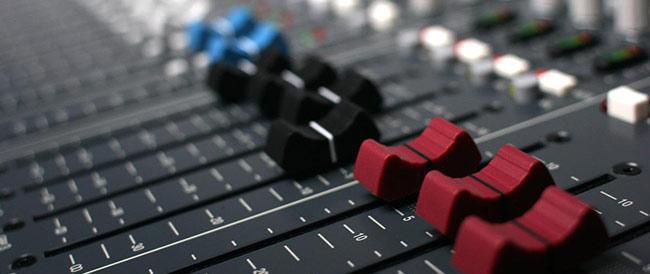When it comes to audio mixing, one of the most crucial but often overlooked aspects is gain staging. Gain staging refers to the process of setting the levels of audio signals at each stage of the signal chain to ensure optimal sound quality and prevent distortion.
Why is Gain Staging Important?
Proper gain staging is essential for achieving a well-balanced mix and maintaining the integrity of the audio signal throughout the production process. Here are some key reasons why gain staging is important in mixing:
- Prevents Distortion: By setting appropriate levels at each stage of the signal path, you can avoid clipping and distortion, which can degrade the quality of your mix.
- Optimizes Signal-to-Noise Ratio: Proper gain staging helps in maximizing the signal-to-noise ratio, ensuring that the audio components you want to hear are prominent while minimizing unwanted noise.
- Preserves Dynamic Range: Maintaining consistent levels throughout the mixing process allows you to preserve the dynamic range of the audio, allowing for more impactful and dynamic sound.
- Facilitates Processing: Well-managed gain staging makes it easier to apply EQ, compression, and other processing effects to the audio signals without introducing artifacts or unwanted coloration.

Credit: www.sweetwater.com
Best Practices for Gain Staging
Now that you understand why gain staging is crucial, here are some best practices to help you achieve optimal levels in your mixes:
| Stage | Optimal Level |
|---|---|
| Recording | -18 dBFS to -12 dBFS |
| Mixing | -6 dBFS to -3 dBFS |
| Mastering | -0.1 dBFS to -0.3 dBFS |
By following these level guidelines at each stage of the process, you can ensure that your mix stays clean, balanced, and free of distortion. Remember, it’s always better to err on the side of caution and leave some headroom to avoid clipping.
Tools for Gain Staging
There are various tools and plugins available that can help you with gain staging in your mixes. Some popular options include:
- VU Meters: Visualize the signal levels and make adjustments accordingly.
- Gain Plugins: Control the gain of individual tracks or groups to maintain proper levels.
- Metering Plugins: Monitor the peak and RMS levels of your audio signals for precise gain staging.
Experiment with different tools and techniques to find what works best for your workflow and helps you achieve the perfect balance in your mixes.

Credit: www.masteringthemix.com
Frequently Asked Questions Of Why Is Gain Staging Important In Mixing?
Why Should Gain Staging Matter In Mixing?
Gain staging ensures optimal signal levels for cleaner, punchier mixes without distortion.
What Happens If Gain Staging Is Done Incorrectly?
Improper gain staging can lead to noise, distortion, and unbalanced levels in the mix.
How Does Gain Staging Impact The Final Mix Quality?
Proper gain staging maintains signal integrity and allows for better overall mix clarity and dynamics.
What Are The Key Benefits Of Proper Gain Staging?
Optimizing gain staging results in enhanced headroom, lower noise floor, and better utilization of dynamic range.
Conclusion
Gain staging is a fundamental aspect of audio mixing that can make a significant difference in the quality of your final product. By paying attention to levels at each stage of the process, you can ensure that your mixes are clear, dynamic, and professional-sounding.
Remember, proper gain staging is not a one-size-fits-all approach. It requires practice, experimentation, and a keen ear to perfect. So, don’t overlook this critical step in your mixing process, and strive for the best possible sound with effective gain staging techniques.